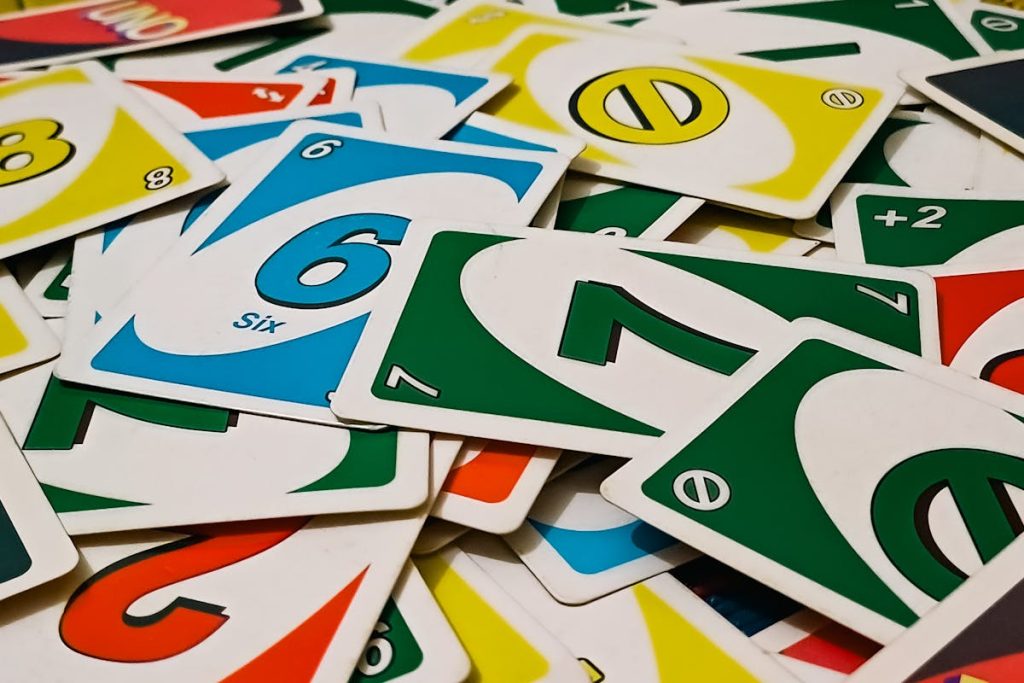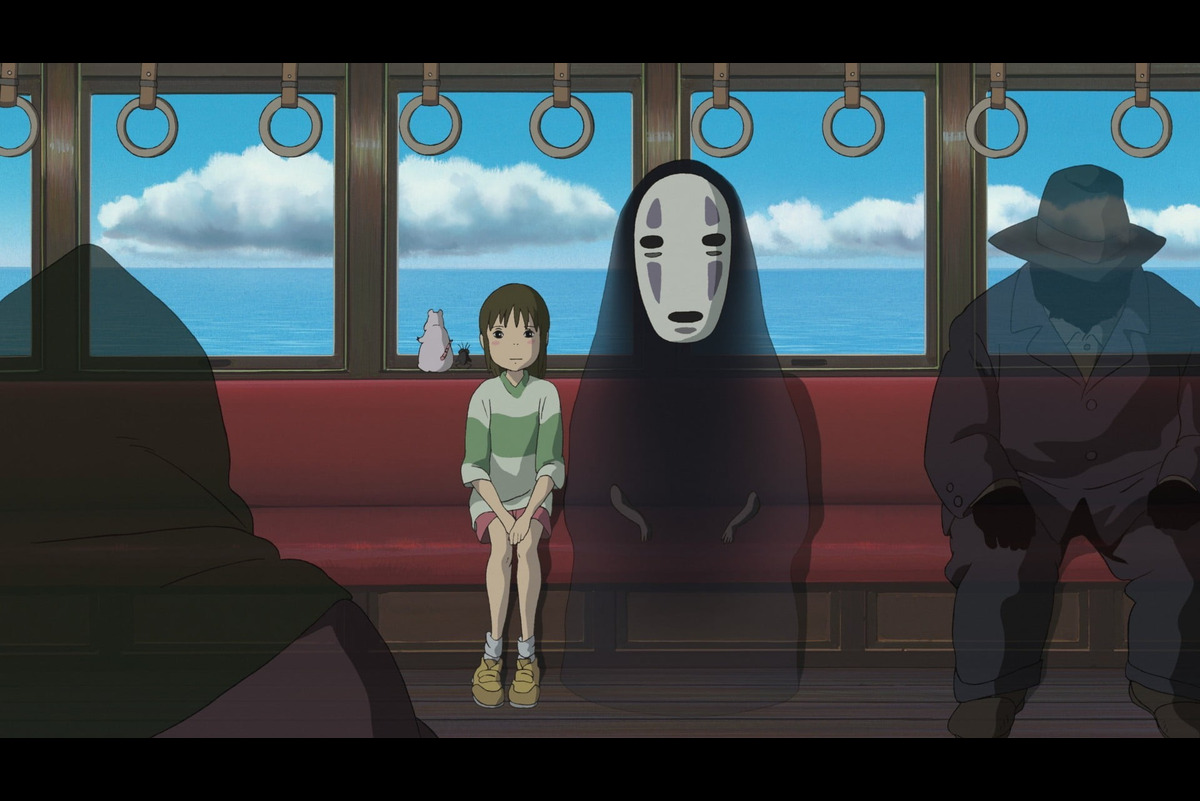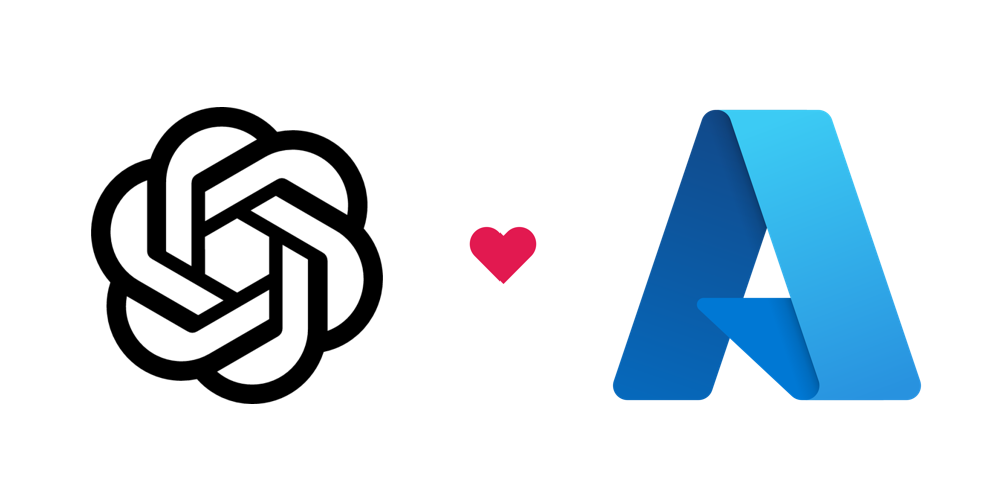How in a Clever Way Mattel & OpenAI are reinventing Childhood
In a strategic move that’s set to redefine the future of play and learning, Mattel, the iconic global toy company, has partnered with OpenAI, the leading artificial intelligence research and deployment company. The collaboration aims to fuse Mattel’s legacy of storytelling and innovation with OpenAI’s advanced generative AI capabilities to create AI-powered intelligent toys and interactive, personalized gaming experiences for children.
This alliance signals a major shift in how technology and creativity converge in the toy industry and opens up new avenues for personalized, educational, and safe entertainment. As AI continues to shape various sectors, its integration into children’s products raises both excitement and curiosity across the globe.
What the Mattel–OpenAI Partnership Entails
AI-Driven Smart Toys: The collaboration will lead to the creation of toys that can understand, learn, and adapt to children’s preferences, making interactions more personalized and immersive.
Interactive Games Powered by GPT: Leveraging OpenAI’s large language models like GPT-4, Mattel plans to roll out games that can hold natural, dynamic conversations and encourage critical thinking and creativity.
Voice and Chat-Based Learning: New products will likely include voice-interactive characters that can assist with learning tasks or bedtime storytelling, making educational content more engaging.
Seamless Digital-Physical Integration: Toys will offer hybrid experiences combining physical play with digital responsiveness, bridging real-world play with AI-generated content.
Incorporation of Classic Brands: Beloved Mattel franchises like Barbie, Hot Wheels, and Fisher-Price are expected to receive AI-driven upgrades, bringing new life to time-tested characters and play patterns.
Latest Developments and Official Announcements
Announcement at AI-Focused Events: The partnership was officially revealed in early 2024, during major tech and toy expos, including CES, where Mattel demonstrated early AI integrations.
OpenAI API Integration: Mattel has confirmed it is directly integrating OpenAI’s APIs into its software development pipelines, allowing real-time access to GPT-based models for testing and deployment.
Early Product Releases: Initial prototypes and limited edition AI-enabled toys are expected to launch by late 2025, with pilot programs targeting select educational and consumer groups.
Focus on Safety and Ethics: Both companies emphasized the importance of data privacy, parental controls, and age-appropriate AI interactions in their joint statement.
Investment in R&D: Mattel is reportedly boosting its R&D division, setting up AI-focused innovation labs in partnership with OpenAI engineers.
How AI is Transforming the Toy Industry
Personalized Experiences: AI enables toys to adapt to a child’s learning style, emotions, and developmental needs, offering a customized play experience.
Conversational Play: Generative AI models allow for interactive storytelling, where children can co-create stories with their toys in real time.
Educational Enrichment: AI-powered toys can support early learning, problem-solving, and even language acquisition, enhancing their edutainment value.
Real-Time Content Updates: Unlike static toys, AI-based products can receive content updates over the cloud, keeping them relevant and fresh.
Gamified Emotional Intelligence: New AI features may help children understand emotions through simulated conversations, boosting empathy and social learning.

Potential Challenges and Addressing Concerns
Child Safety and Privacy: Handling sensitive data such as children’s voices or behaviors requires strict compliance with global data protection laws (like COPPA and GDPR).
Bias in AI Models: OpenAI and Mattel must ensure that generative AI models avoid bias or inappropriate content, especially in unsupervised contexts.
Parental Control and Transparency: Parents must be given clear, customizable control over how AI toys function and interact with their children.
Affordability and Accessibility: Ensuring that AI-powered toys remain affordable for a wide demographic will be crucial for equitable access.
Balancing Screen Time and Physical Play: Maintaining a healthy balance between digital interactivity and physical activity remains an ongoing design consideration.
Long-Term Industry Impact and Future Outlook
AI as a Standard in Toy Design: This partnership could establish AI integration as a norm in the global toy industry, influencing future product lines across competitors.
Rise of Educational AI Tools: Mattel’s move may inspire other companies to invest in AI-powered educational tools for early childhood development.
Opening New Revenue Channels: AI-driven features such as voice subscriptions or premium story modes could create new monetization opportunities.
Collaborations Across Sectors: This partnership may encourage further cross-industry collaboration between tech and entertainment sectors.
Setting a Precedent in Ethical AI Use: The focus on child safety and ethical AI practices could establish new benchmarks for responsible innovation in the consumer product space.
Conclusion: A Visionary Leap Towards Intelligent Play
The Mattel–OpenAI partnership marks a significant step in the evolution of children’s entertainment. By bringing together Mattel’s creative storytelling and OpenAI’s generative intelligence, this collaboration is set to redefine how children interact, learn, and grow through play. From smart toys and interactive storytelling to AI-powered learning companions, the potential applications are vast and transformative.
While the partnership introduces new challenges around data safety, ethical AI, and inclusivity, both companies have shown a proactive approach in addressing them. As the toy industry continues to embrace digital transformation, this partnership is likely to serve as a blueprint for the future of AI-enhanced educational play—a future where technology nurtures imagination, learning, and creativity in safe and meaningful ways.








